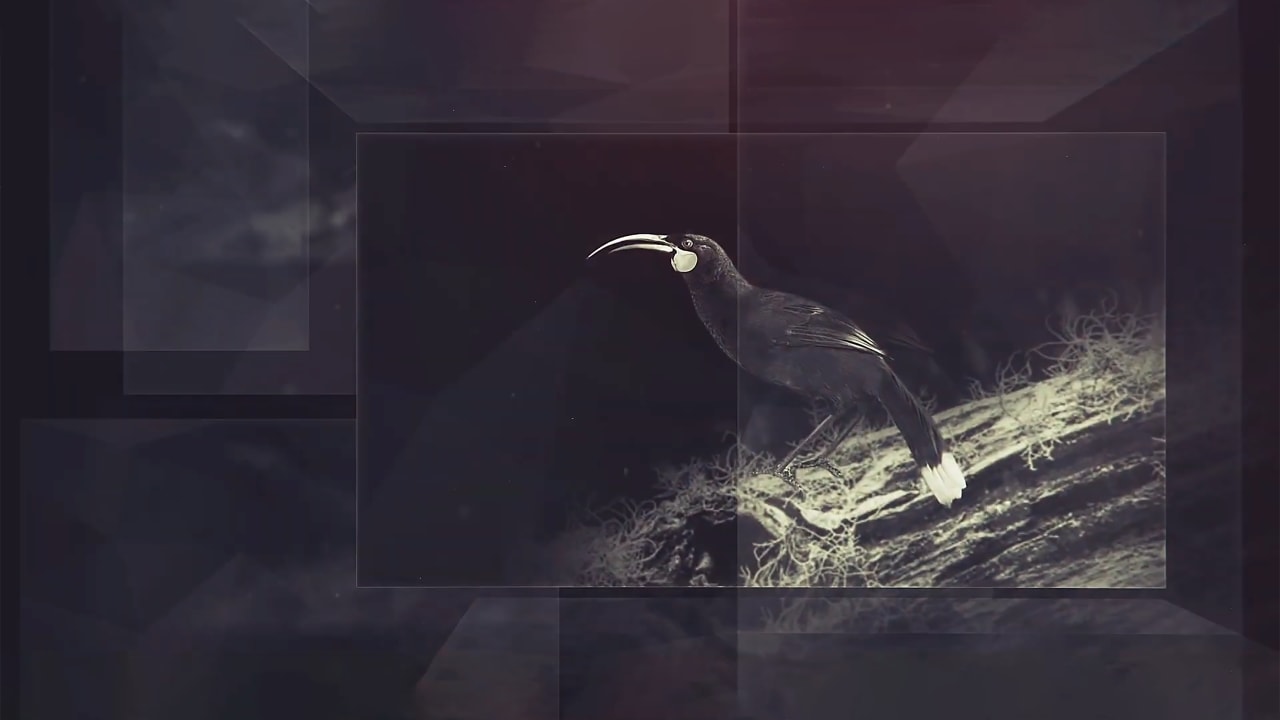Rauhuia | Leadership Space
Rauhuia is a leadership space for all, grounded in Te Tiriti and ngā uara (the values of the teaching profession): whakamana, manaakitanga, pono, whanaungatanga.
An introduction to Rauhuia | Leadership Space
Ko te Rauhuia he whakawātea i te ara ki ngā kaiako katoa, ahakoa te tūranga, ahakoa te horopaki whakaako ki te whakapakari i ōna pūmanawa hautū, kia tino eke ngā tamariki katoa o Aotearoa ki ngā taumata mātauranga kounga tiketike, i runga i te mahi pai o ngā kaihautū o tētahi tira kaiako matatau ā-ahurea, tūhono ki te ao.
Rauhuia enables every teacher, regardless of their role or setting, to have the opportunity to develop their own leadership capability so that through principles and inspirational leadership, a culturally capable, competent and connected teaching profession achieves educational equity and excellence for all children and young people in Aotearoa New Zealand.
Explore this virtual space

Rautaki Kaihautū | Leadership Strategy
A guiding framework for building leadership capability and growing leaders at all levels.
Rauhuia: Terenga Huihuinga | Symposia Series
View videos and resources for the Rauhuia symposia series.
Stepping into Leadership
Are you ready to take the next step in your teaching career? Kia Tīparetia ki te Rauhuia – Stepping into Leadership is for you.
Unteach Racism
Unteach Racism is a kaupapa grounded in Te Tiriti o Waitangi, shaped by the profession, and guided by the belief that teachers are powerful agents of change.
Ngā Pātū o te Whare | Wall of Identity
Every teacher in Aotearoa brings their kōrero, whakapapa, and purpose. Enter Ngā Pātū o te Whare and explore your own story.

The importance of Rauhuia
Featuring Teaching Council leaders Lesley Hoskin and Tamahau Rowe, this powerful video - filmed at Matangireia in Parliament - offers insight and inspiration for engaging with Rauhuia.
They emphasise that Te Tiriti o Waitangi must underpin leadership development for kaiako in Aotearoa.
The video also challenges traditional leadership hierarchies, promoting a Māori whānau model where leadership comes from behind and alongside others.

Nau mai, haere mai
Rauhuia | Leadership Space serves as a tūāpapa, a foundation, to help teachers unleash the power of their leadership in the lives of children, young people and the community.

Grow leadership capability and lead through values

Build new knowledge about effective leadership through partnerships

Engage in networks that grow your learning

Advocate and solve problems in your community and beyond

Stay connected: My Rawa
My Rawa helps you deepen your practice with tailored professional learning and reflective tools. It’s your space to grow, stay inspired, and lead with confidence.